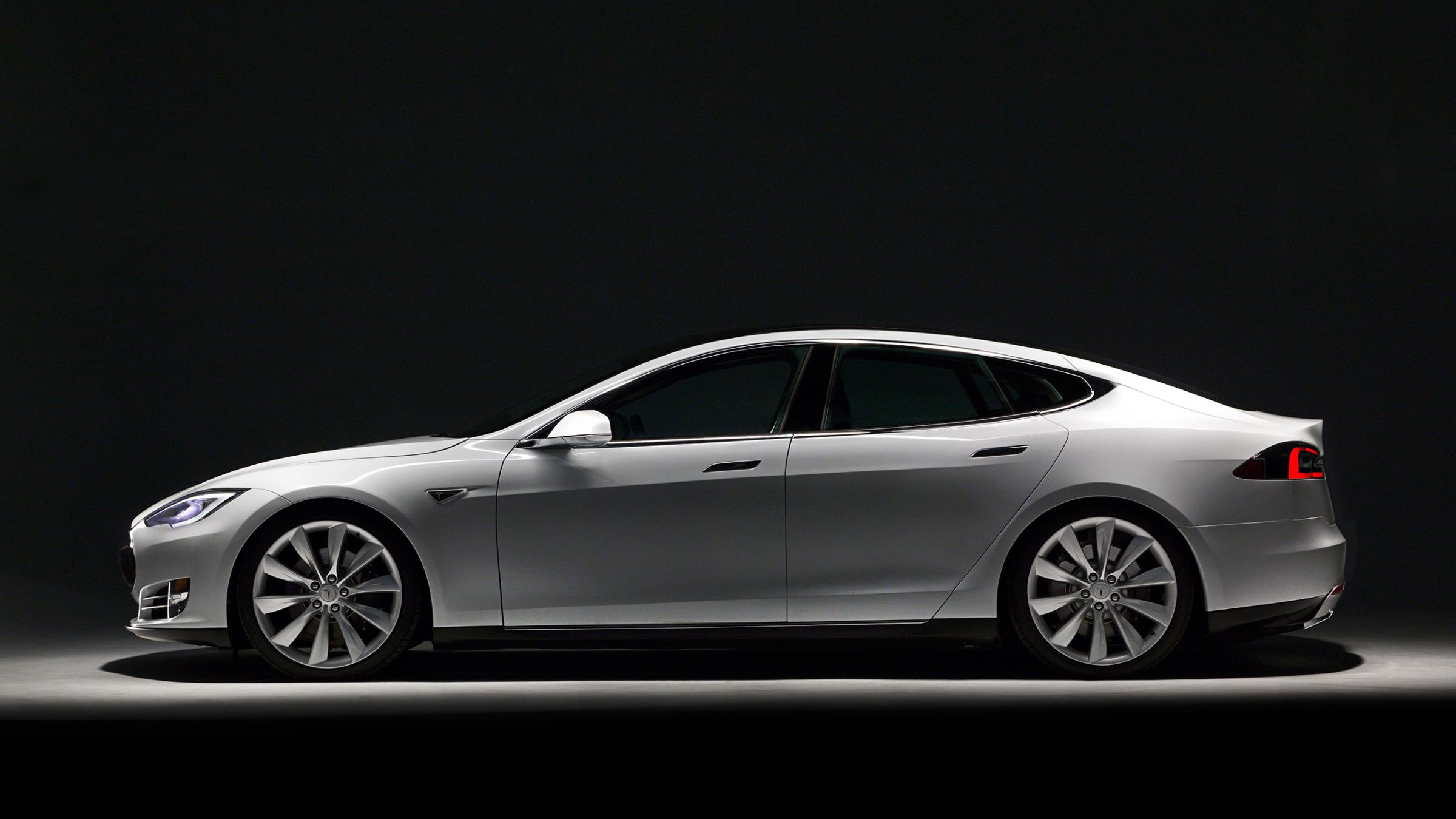
“The American really loves nothing but his automobile,” Gavin Stevens says in Faulkner’s Intruder in the Dust. “Because the automobile has become our national sex symbol.” Given that longtime infatuation, you’d think Silicon Valley’s tech companies would have been eager to get into the auto industry before now. Instead, many are surprised that it’s happening at all.
Ever since the personal computer became mainstream, Silicon Valley has been inventing or reinventing new gadgets: the music player, the phone, the computer itself, first as a portable, now as a tablet. Amazon remade the shopping mall and put it on a screen. Netflix and YouTube subverted the TV set, and now Google’s Nest is going after other household appliances. This year, Apple is reworking the wristwatch, casting tech as jewelry.
The last great remaining American preoccupation that tech hasn’t yet tackled is the automobile. Much of this has to do with logistics–selling phones or music players is child’s play next to the expensive, highly regulated business of manufacturing cars–but there’s also a historical mindset at work. Detroit, with its combustion engines and metallic gears, was the epitome of an analog era that Silicon Valley displaced. The car was an anachronism, however beloved.
Check Out the Coolest Cars From the 2015 Detroit Auto Show
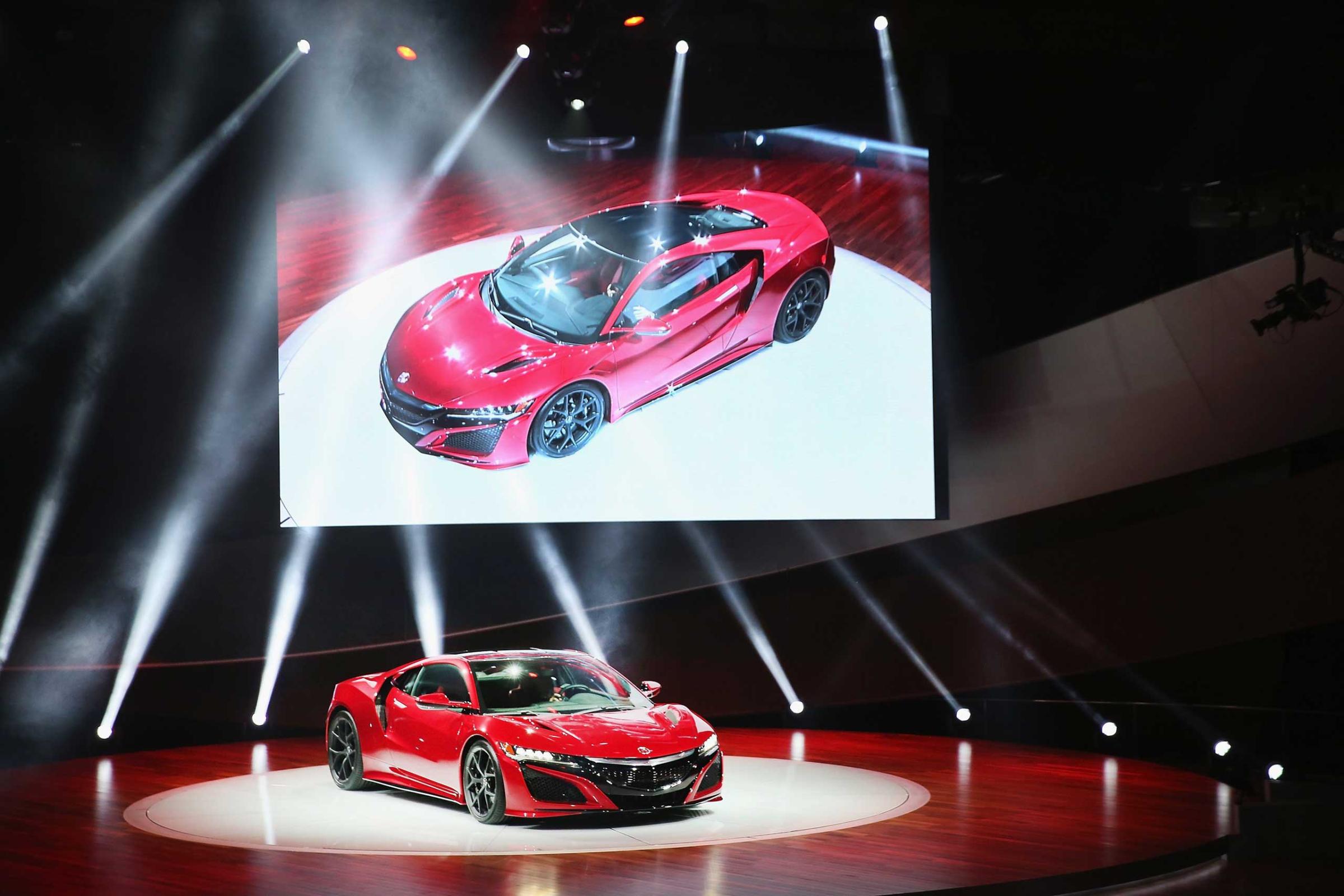
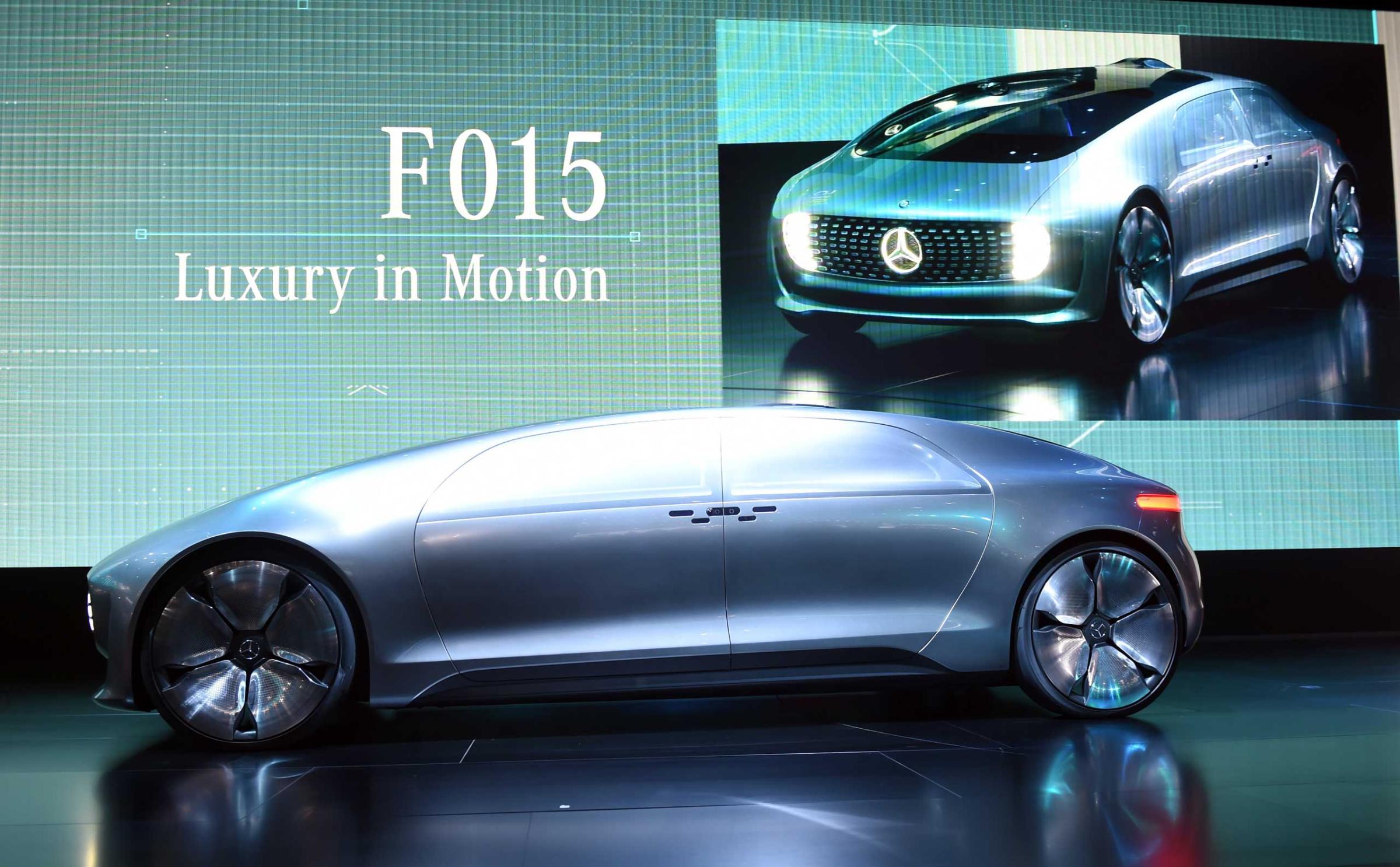
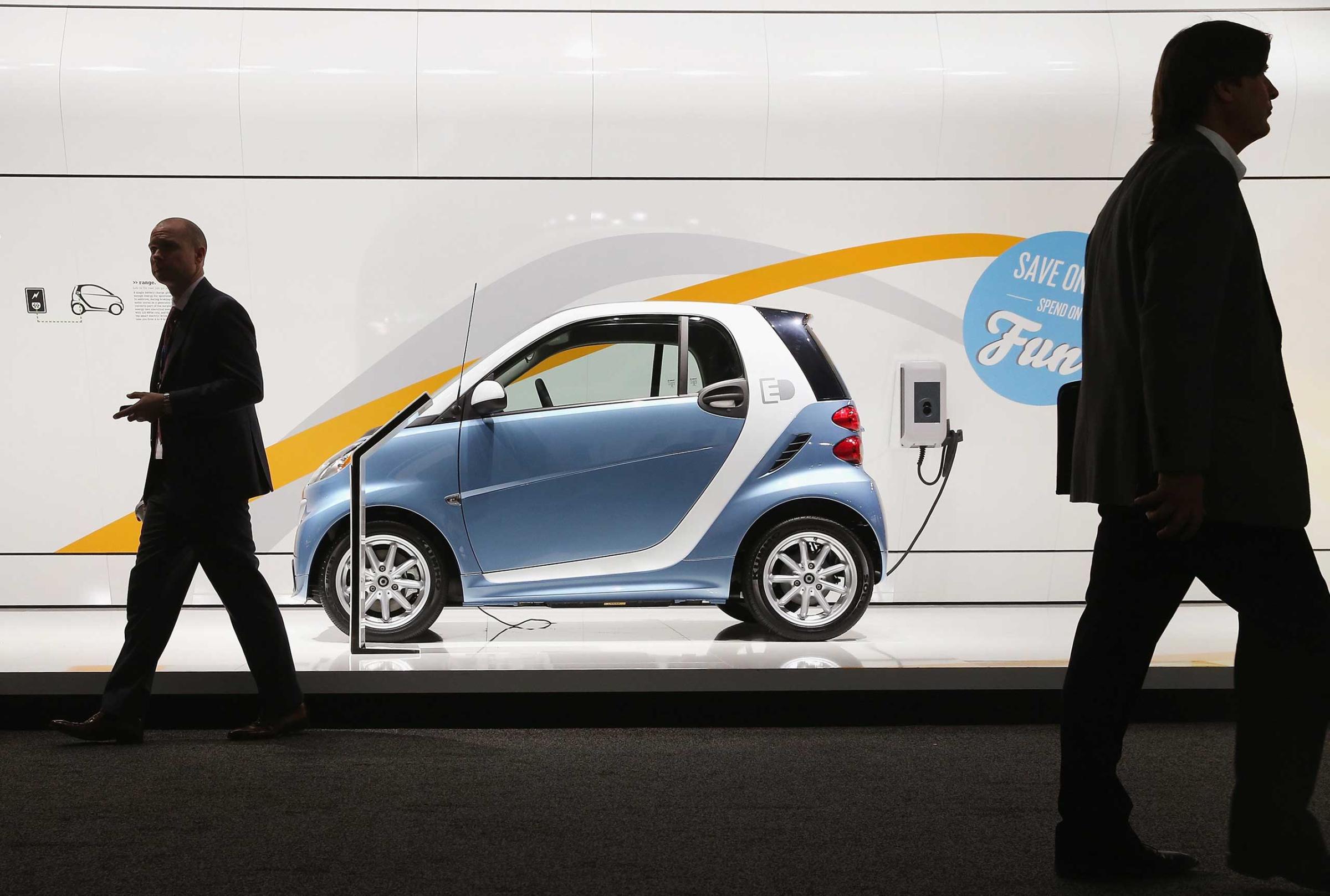
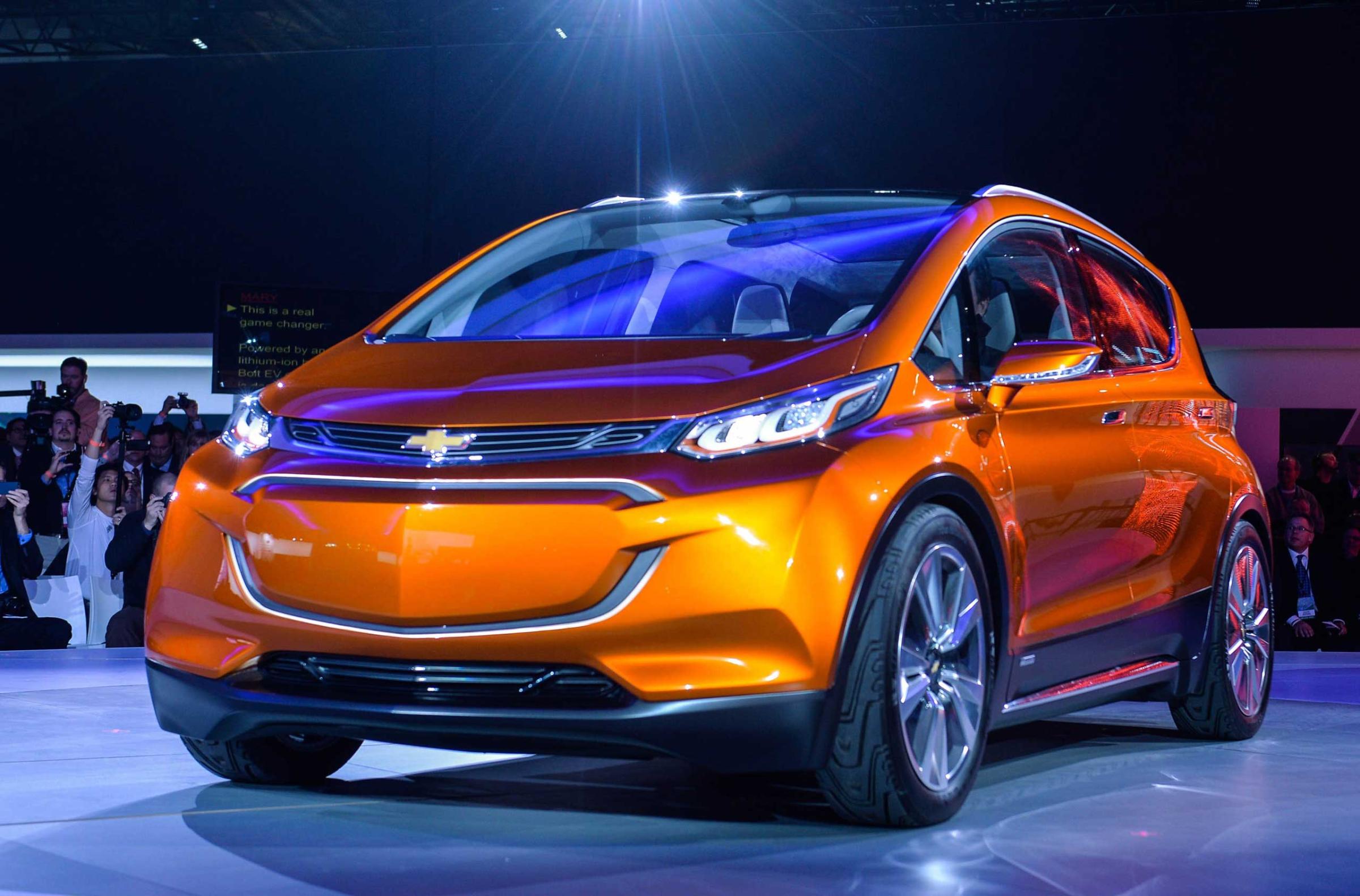
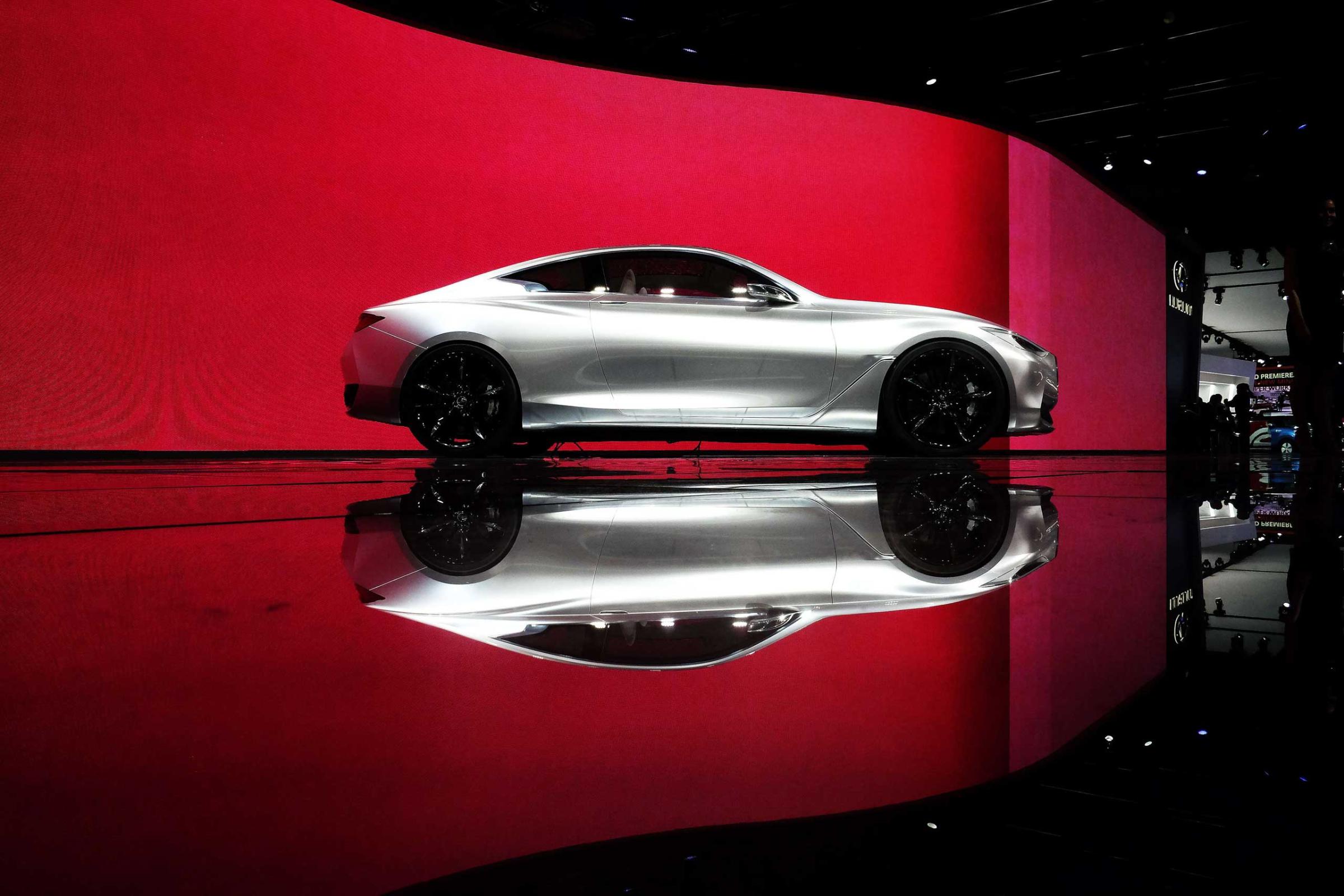
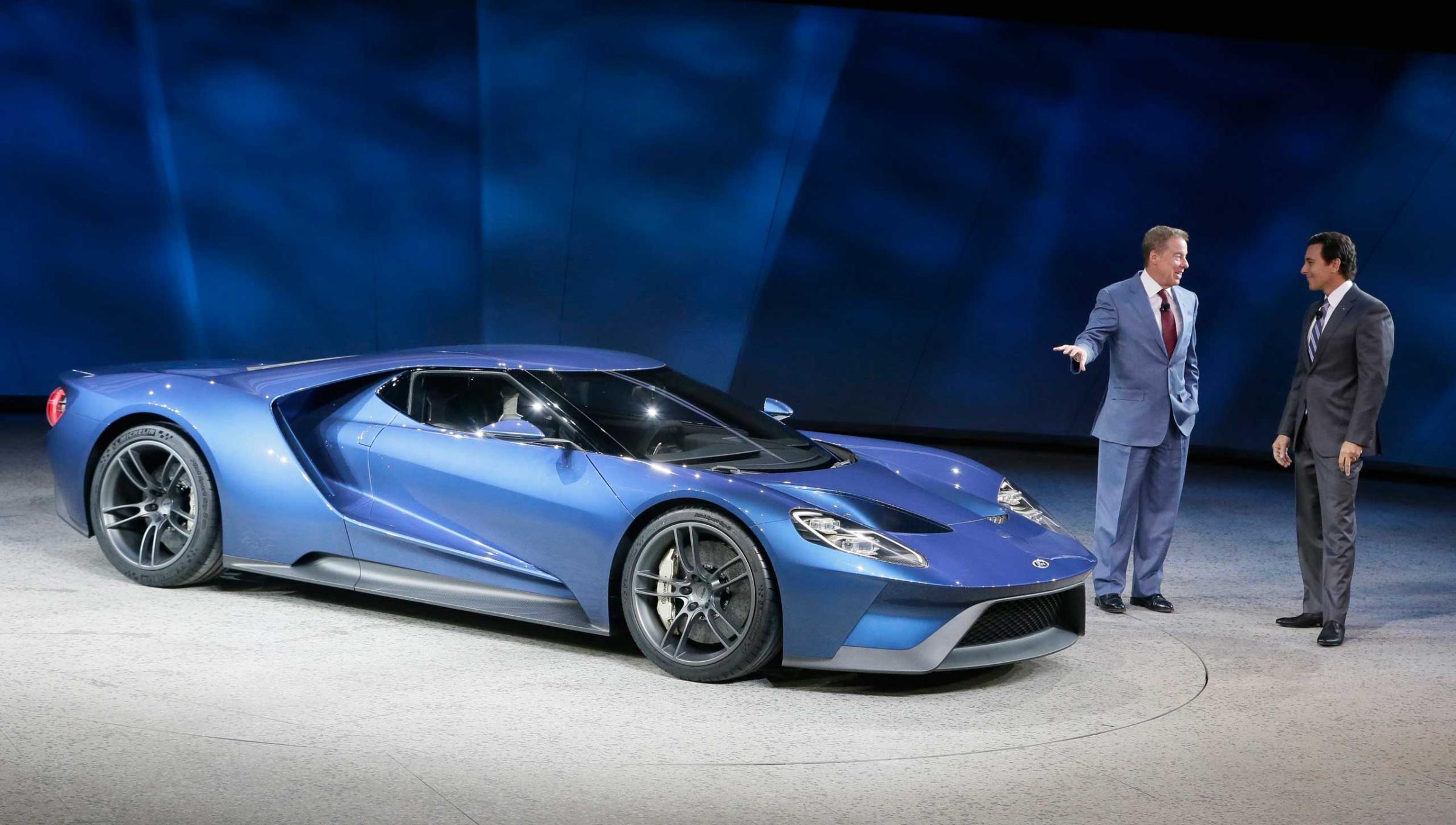
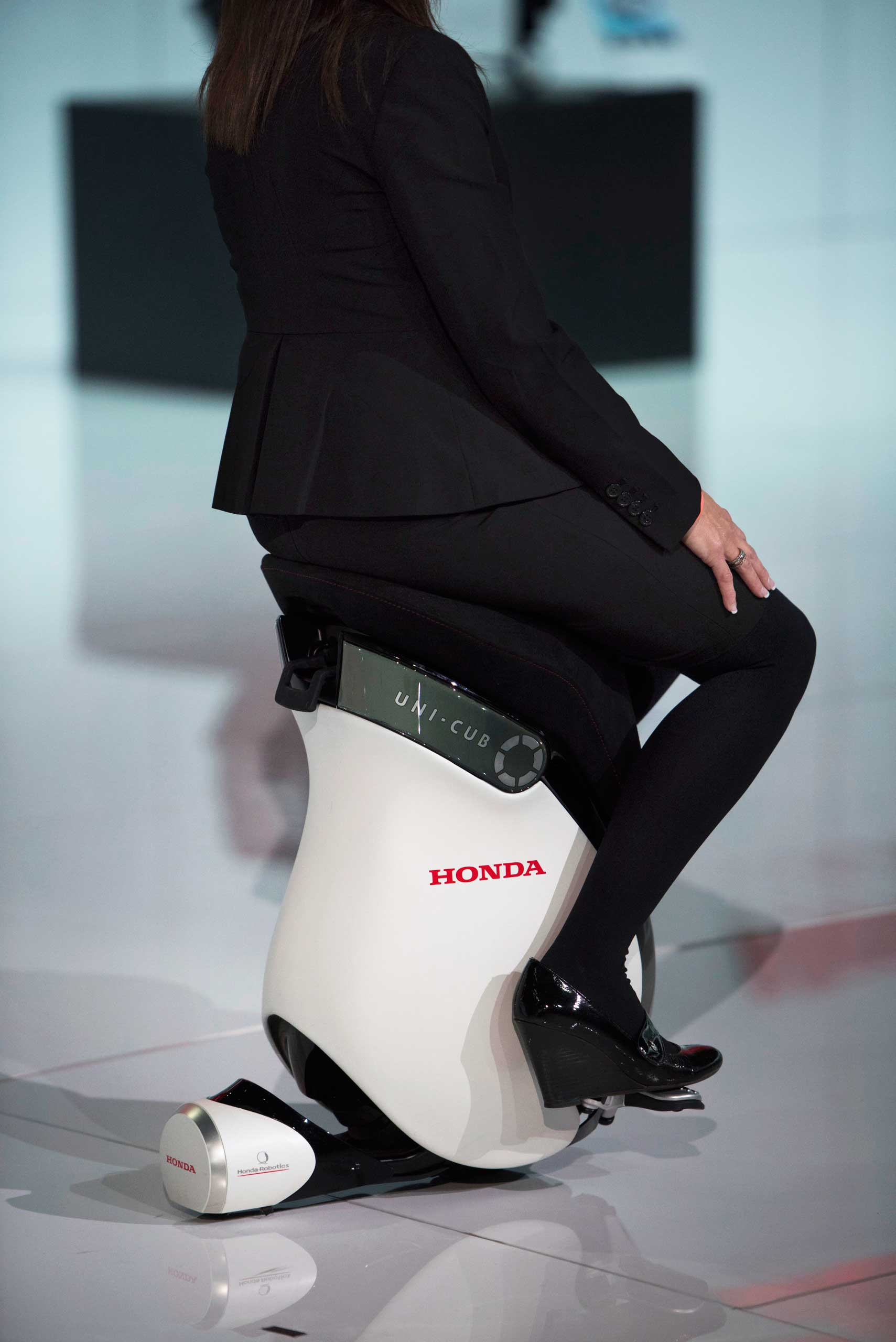
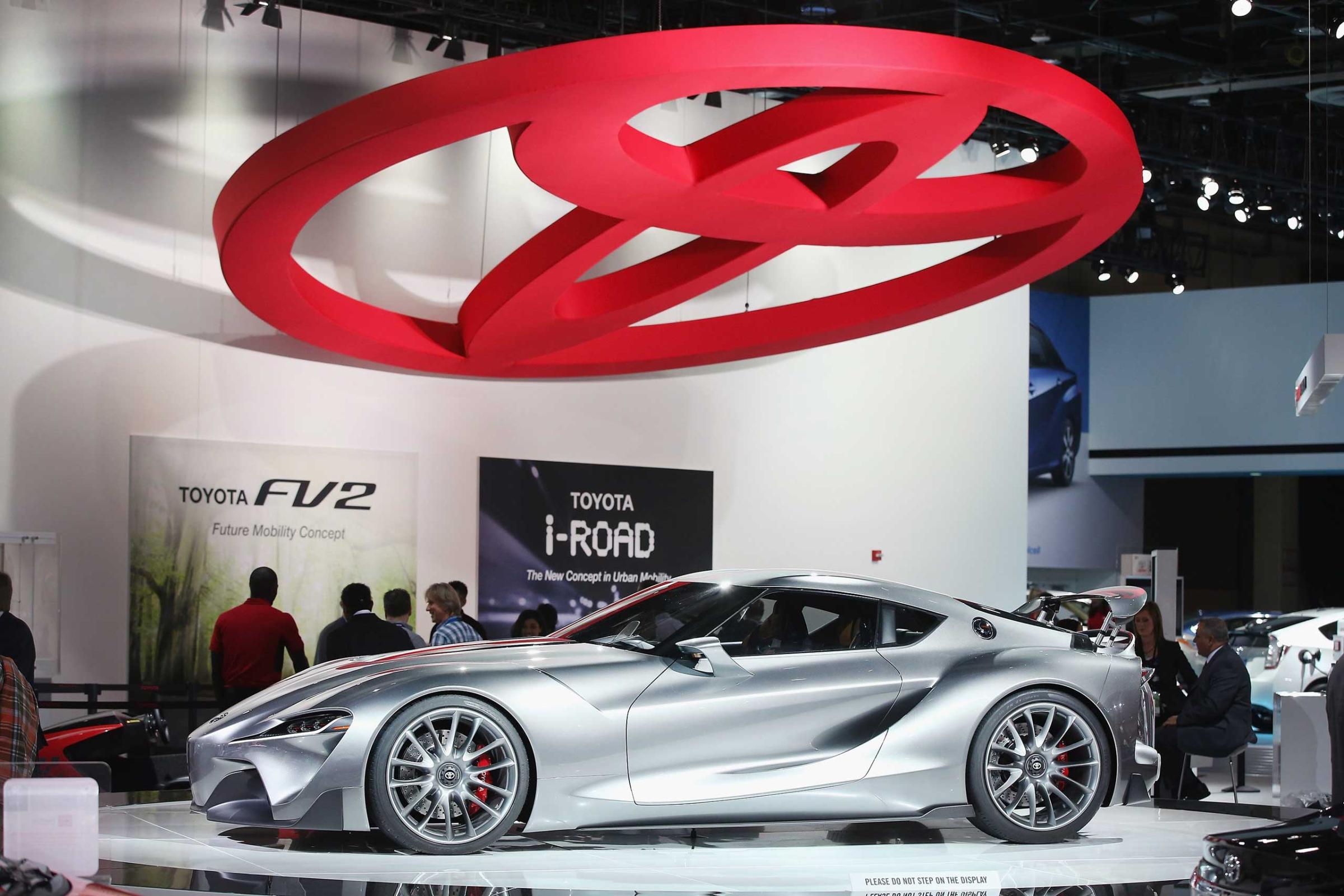
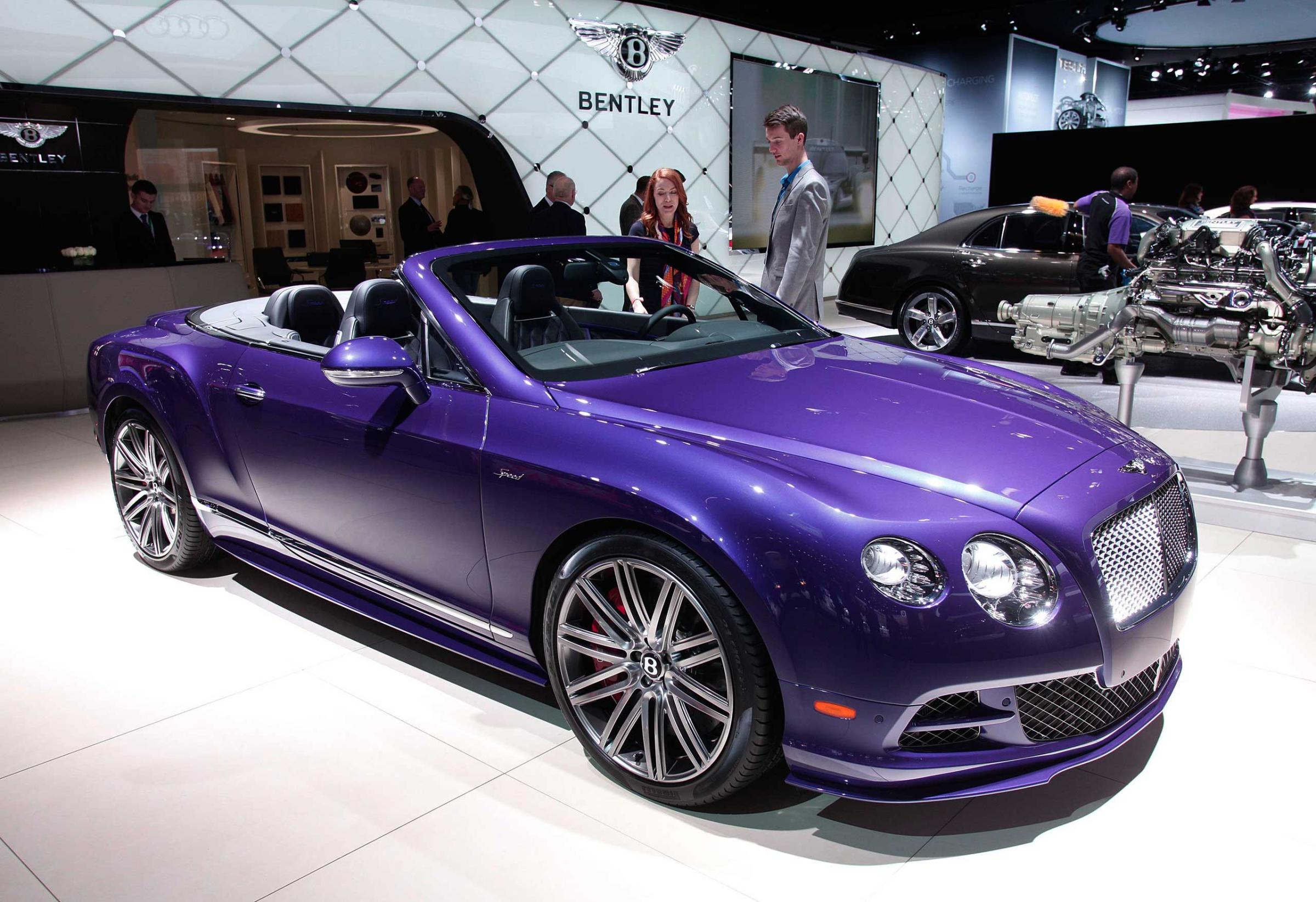
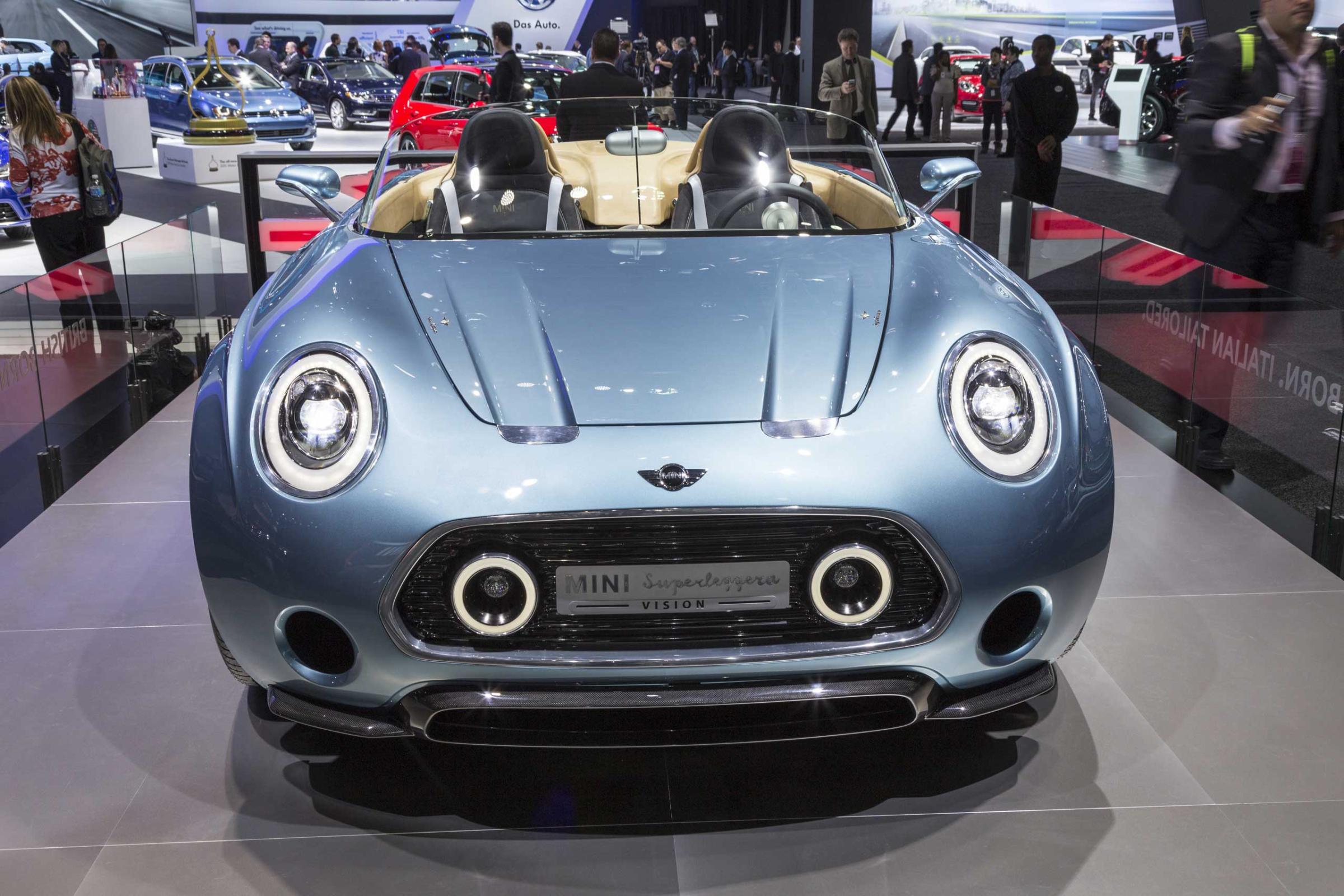
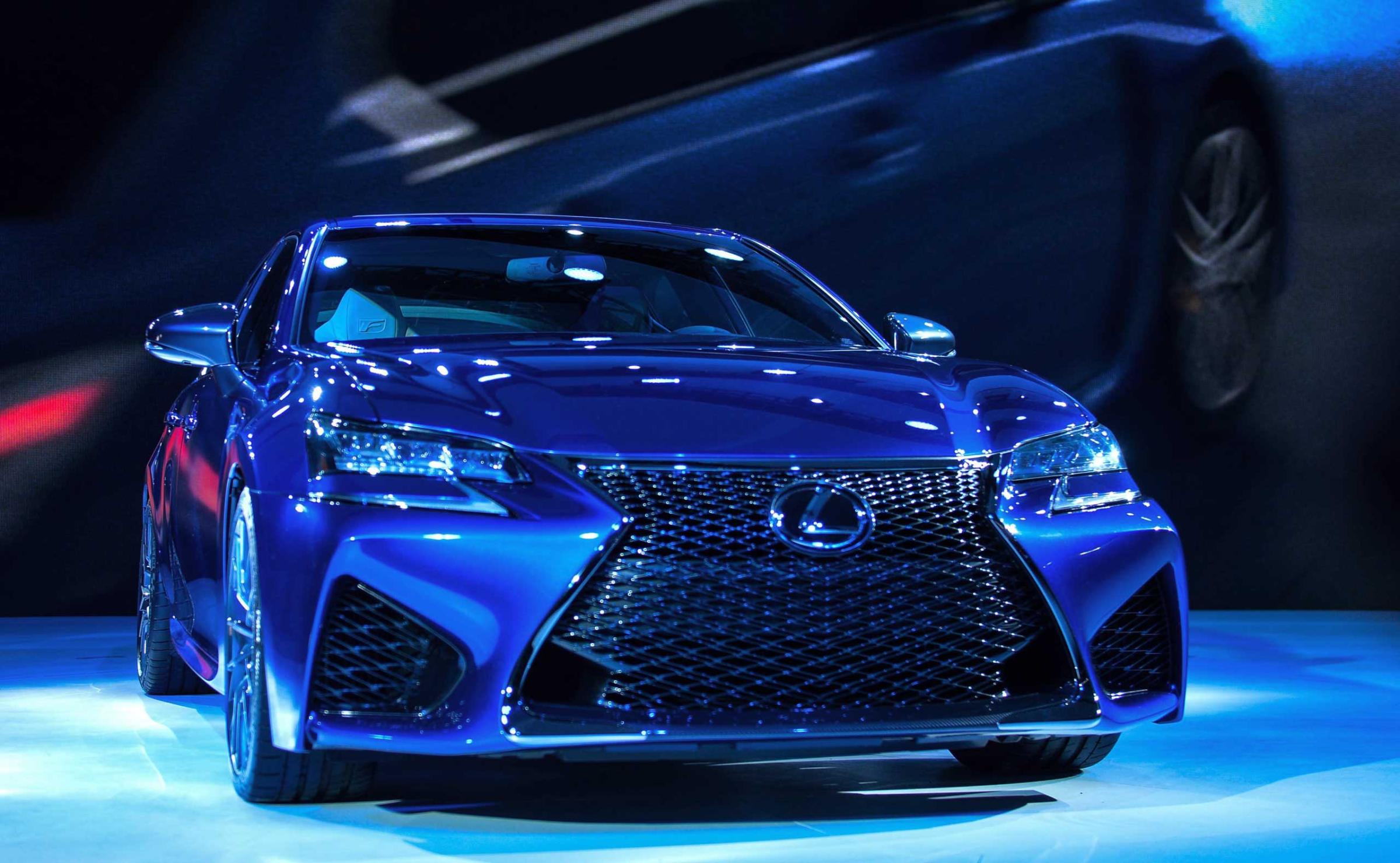
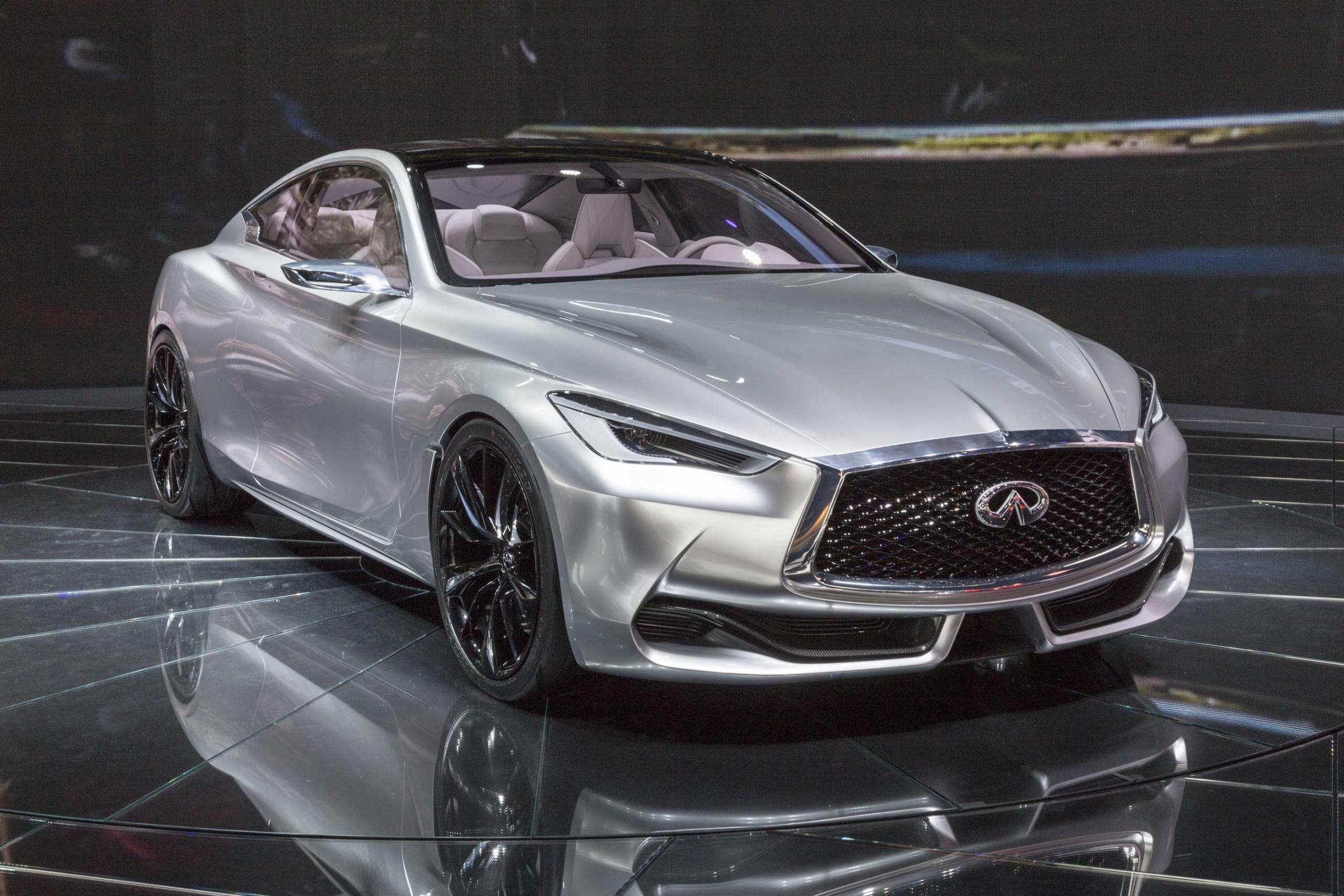
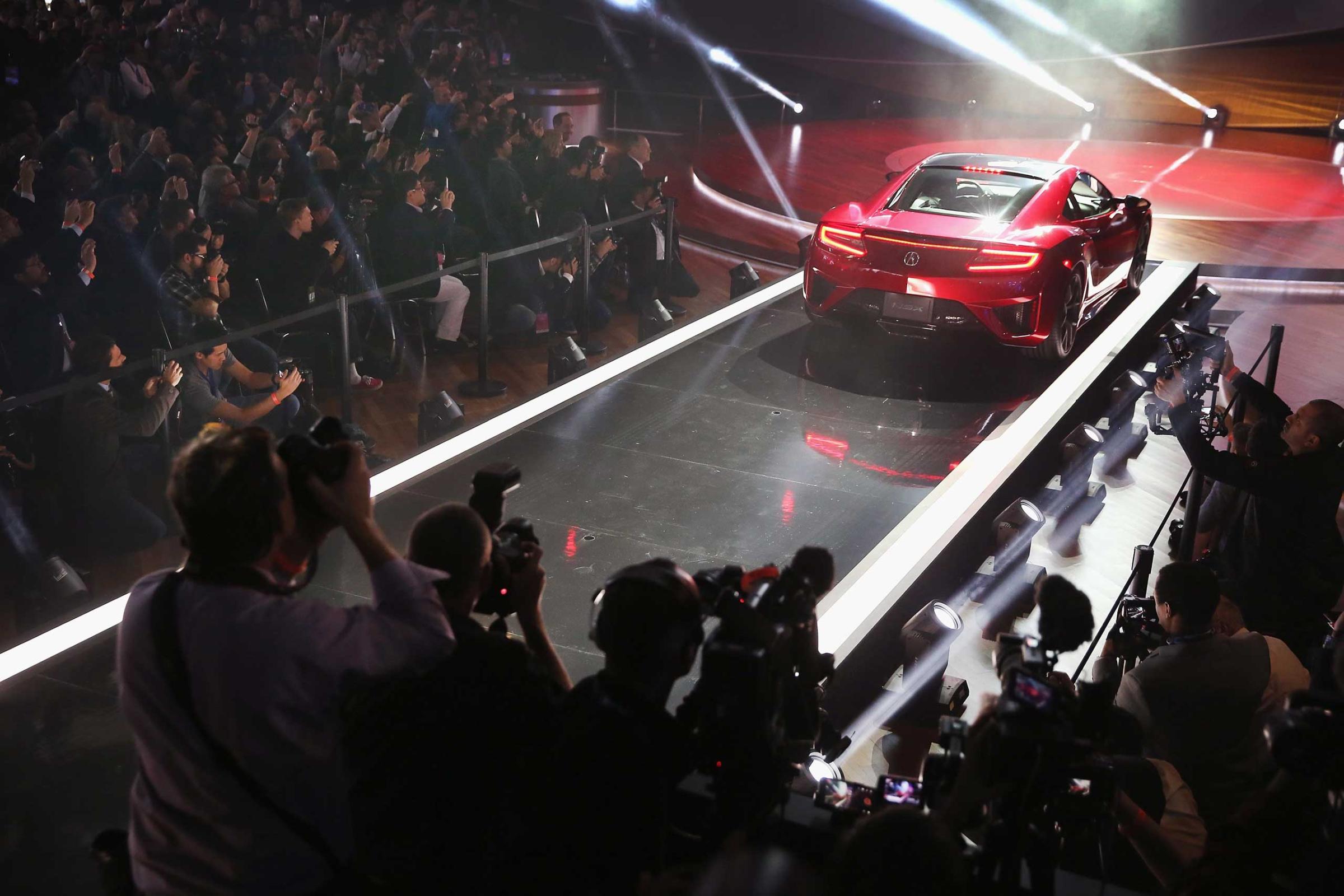
No longer. Google has been working on self-driving cars for a number of years. Uber has started looking into them as well. Now, according to the ever-churning Apple rumor mill, the Cupertino giant is working on a stealth car project. For tech companies, the automobile has gone from a super-sized docket to park a smartphone while you drive to a gadget that can be reimagined from the ground up with digital technology.
The sudden shift is happening for a few reasons. First, with PCs, tablets and smartphone markets close to saturation, tech giants are looking for new markets to invade with their innovations. Second, the car market seems ripe for a makeover. American automakers like GM may be reviving post-financial crisis, but the U.S. looks to have reached “peak driving:” Annual miles driven per person is down 9% from 1995, and even more among young drivers.
But the biggest single reason tech suddenly loves the car is Tesla. The company founded by Elon Musk in 2003 to make electric cars has become much more: It has fused the automaker with the tech company, and not only built a cultural bridge between Detroit and Silicon Valley but showed that both were converging toward each other.
Tesla was a wake-up call to automakers that had grown complacent about innovation. It showed that technology was a powerful way to differentiate a particular model from the herd, and that if automakers wanted to reach out to younger consumers, they should embrace the kinds of technology they enjoy. Soon, you began to hear auto executives talk about “smarter cars” and roadways as “connected networks” structured like the Internet (15 years ago, that simile ran mostly in the opposite direction).
Read more: How Apple Is Invading Our Bodies
Google CEO Larry Page has said his interest in driverless cars stems from the inefficiency of roadways, which not only cost lives but waste worker time in traffic jams. (It doesn’t hurt, either, that driverless cars could offer commuters more opportunity to look at Google ads.) Uber is also researching self-driving cars to lower costs for its passenger service as well as a planned delivery service.
The loudest buzz surrounds Project Titan, a rumored Apple car that in reality could be pretty much anything: an electric vehicle, a leased minivan, a driverless car, a ploy to acquire Tesla, a bluff to pressure automakers into putting its CarPlay software in their vehicles, or a clever Apple hoax trolling Apple rumor-mongers. Wall Street analysts, though, think an Apple car is the likely bet, and if so the marriage of Detroit and Silicon Valley is a matter of time.
If nothing else, Apple’s rumored entry into automobiles seems to have turned up the heat. Last week, Musk said Tesla would start offering “autopilot” technology in its cars this summer. Google said its more ambitious driverless-car system would be ready for broad consumption in five years.
See How the Apple Watch Might Look if Reimagined by Fashion's Top Designers


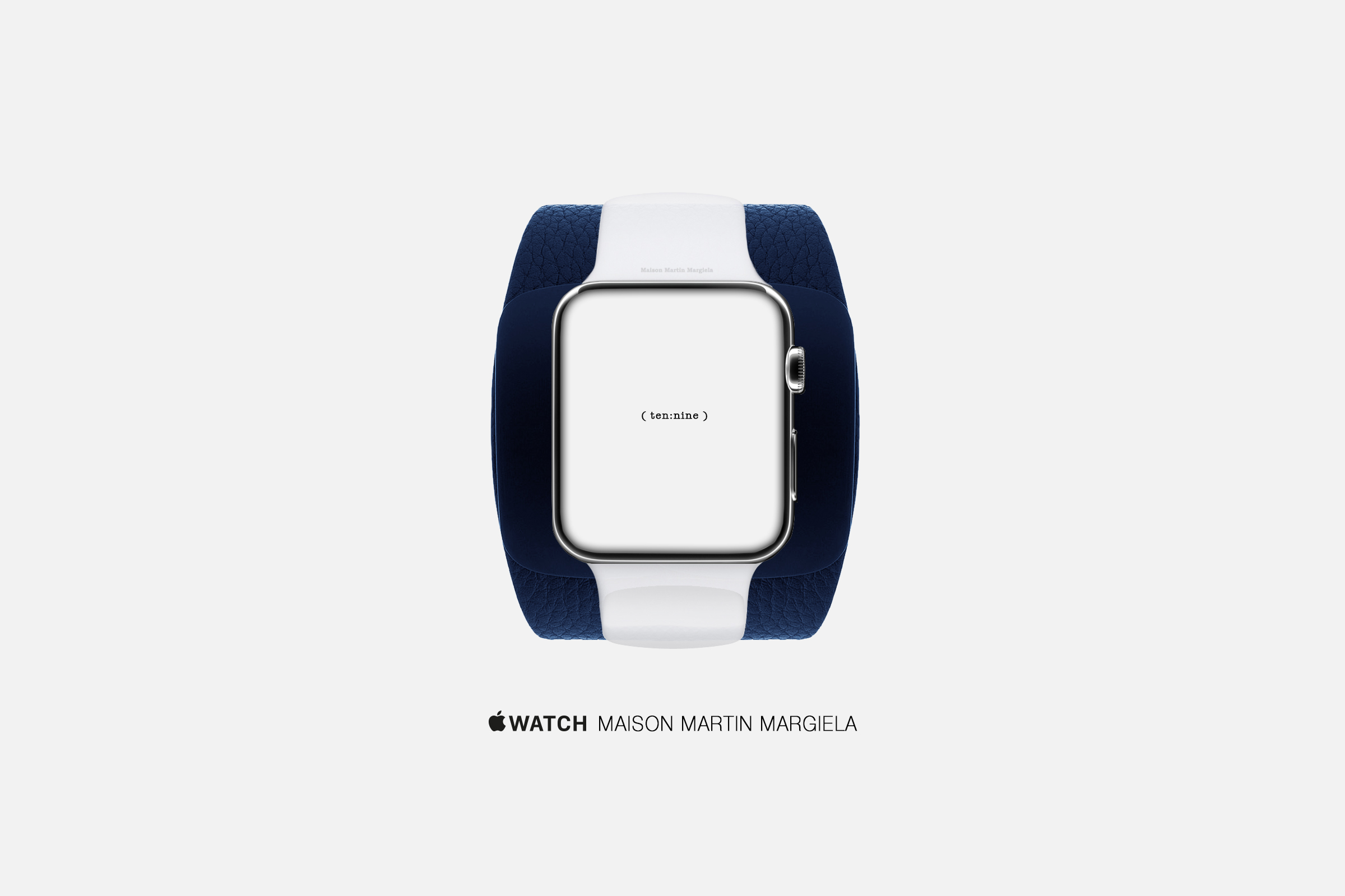
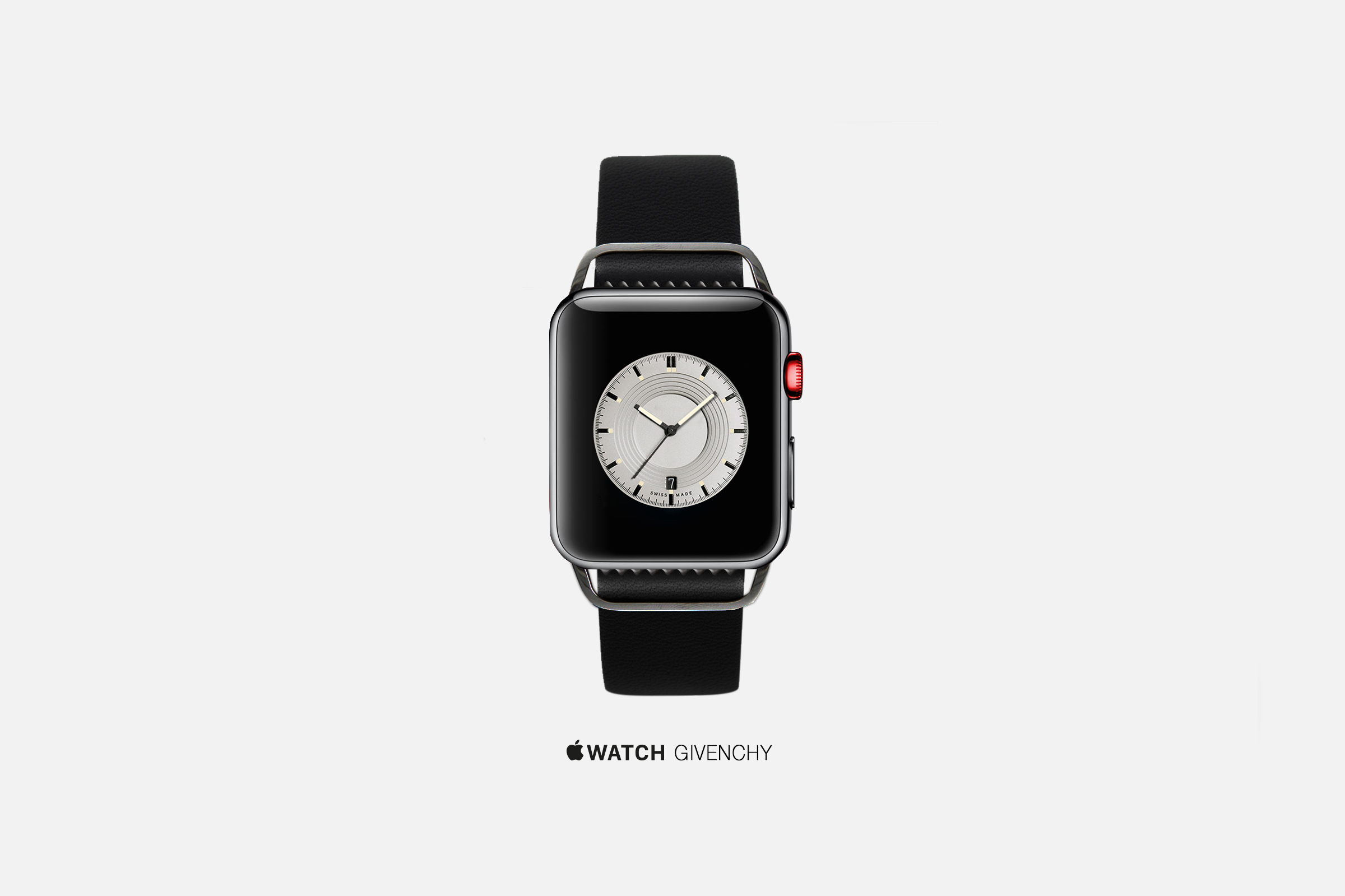
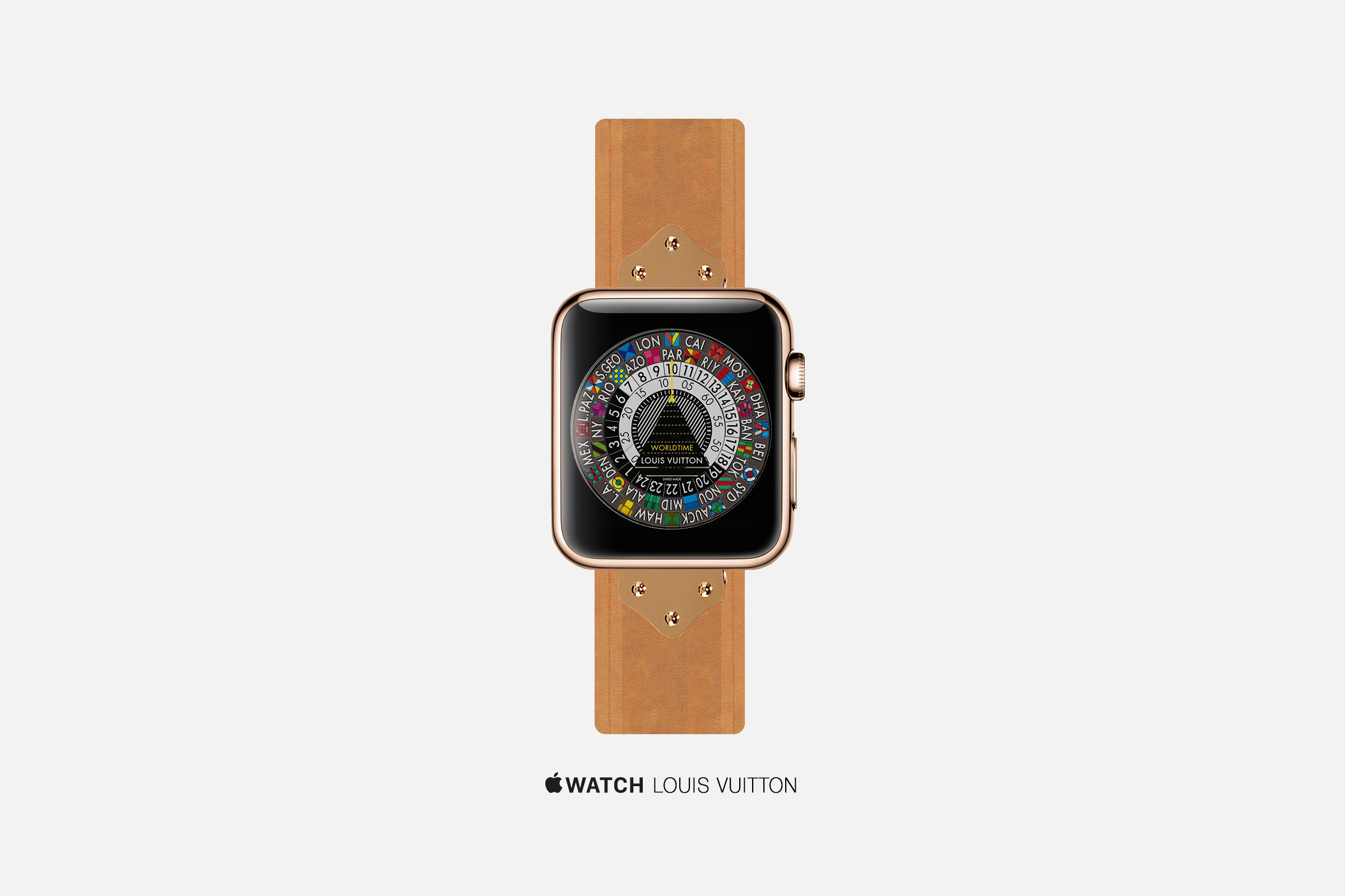
But the dark-horse in this new race may be Samsung, which according to Thomson Reuters has “has the largest and broadest collection of patents in the automotive field including a very large interest in batteries and fuel cells for next generation vehicles.” If automobile technology boils down to a patent race, Samsung may end up having an edge. Samsung even has some history in car manufacturing.
The end goal of these tech aspirations in the automotive industry may well be partnerships with established manufacturers. After all, what company is dying to break into a low-margin heavy industry? Many auto executives scoff at the idea that jumping from smartphones to cars is good idea. They may be surprised. Cars are just another form of technology, albeit one in need of an upgrade. And who is better positioned to upgrade them Apple or Google?
More Must-Reads from TIME
- Donald Trump Is TIME's 2024 Person of the Year
- Why We Chose Trump as Person of the Year
- Is Intermittent Fasting Good or Bad for You?
- The 100 Must-Read Books of 2024
- The 20 Best Christmas TV Episodes
- Column: If Optimism Feels Ridiculous Now, Try Hope
- The Future of Climate Action Is Trade Policy
- Merle Bombardieri Is Helping People Make the Baby Decision
Contact us at letters@time.com